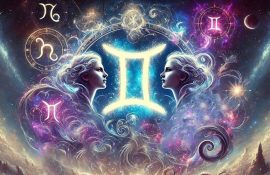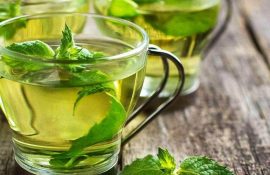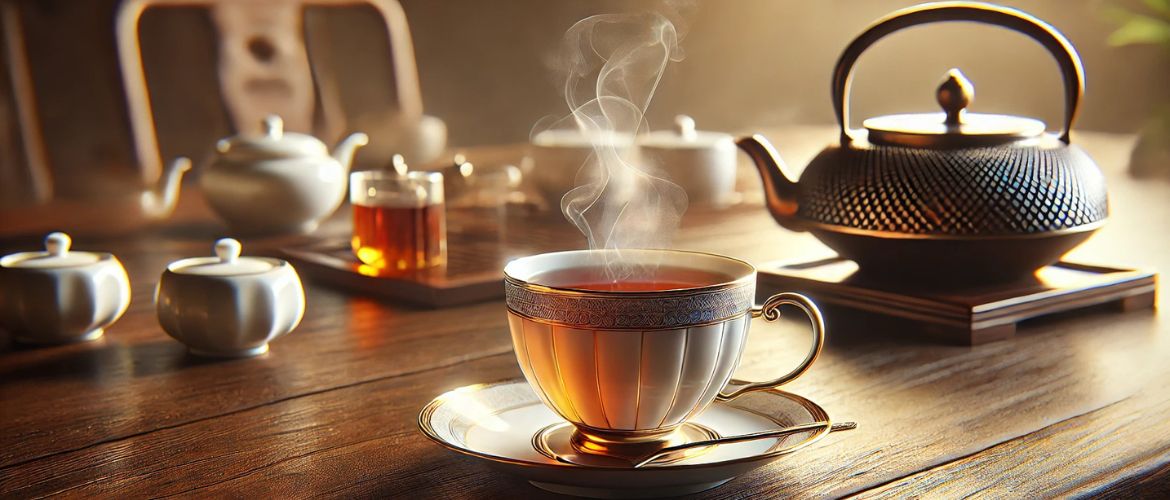Tea should not be brewed with boiling water because excessively high temperatures destroy the delicate essential oils and tannins—natural polyphenols that give the drink its astringency—found in the leaves. This results in a bitter taste and deprives the tea of its depth of flavor and aroma. The correct brewing temperature depends on the type of tea: green tea is brewed at 70–80°C, white tea at 60–75°C, and black tea at 85–95°C.
The History of Tea and Brewing Methods in Different Countries
China – The Homeland of Tea Ceremonies
The history of tea began in China over 5,000 years ago. According to legend, the Chinese emperor Shen Nong accidentally tasted tea leaves that had fallen into his hot water and discovered that the drink was invigorating. Since then, tea has become an integral part of Chinese culture. Traditional tea brewing in China is an art: water is heated to the correct temperature, and tea is brewed in short infusions using a gaiwan or teapot.
Japan – Rituals and Precision
In Japan, tea is not just a drink but a philosophy. The Japanese tea ceremony, known as “chanoyu,” has been perfected over centuries. According to Japanese tradition, green tea is brewed at a temperature of 60–80°C, sometimes even as low as 50°C, to preserve all its beneficial properties and delicate flavor. If tea is brewed with boiling water, the amino acids responsible for its subtle sweetness are destroyed.
India – Strong Tea and Spicy Aromas
In India, tea is best known for masala chai, brewed with milk and spices. However, even Indians understand that simply pouring boiling water over tea and leaving it for too long results in a bitter sludge that few would want to drink. In India, tea is either brewed correctly or simmered gently with milk and spices.
England – The Tradition of Five O’Clock Tea
The British love tea so much that it has become part of their national identity. However, they also know that even strong black tea is best brewed with hot, but not boiling, water. The ideal temperature in England is around 90–95°C, and the milk added to tea helps soften any potential bitterness.
Rare and Interesting Tea Facts
- Tea leaves can “burn.” If brewed with boiling water, the leaves lose their essential oils, resulting in a harsh flavor and the loss of unique tasting notes.
- The first tea bag was an accident. American Thomas Sullivan sent tea samples to his clients in silk pouches. They assumed the pouches were meant for brewing, and thus, the tea bag was born.
- The world’s most expensive tea is Da Hong Pao. Grown in China, some of its tea bushes are centuries old. Authentic Da Hong Pao is worth more than gold.
- Tea is a global favorite. After water, tea is the second most consumed beverage in the world. People drink over 3 billion cups of tea annually!
Tea is not just a drink—it’s a science. It can be prepared in a way that reveals its delicate nuances, or it can be ruined by reckless boiling. Next time you make tea, remember: the leaves are not to blame for your impatience—give them a chance to unfold, rather than drowning them in boiling water. And, of course, enjoy every sip!







Only registered users can leave comments